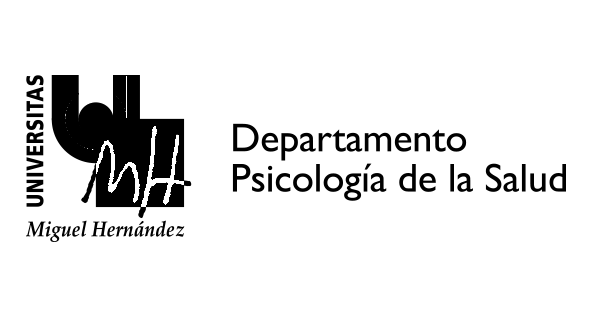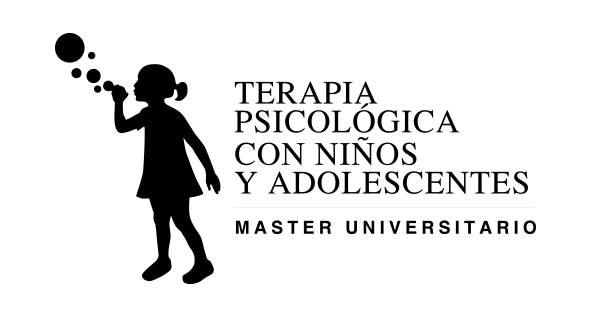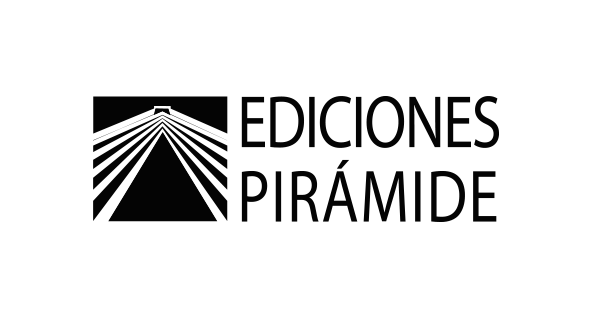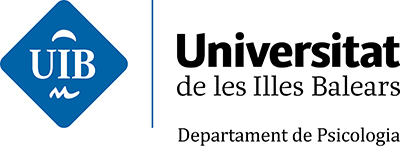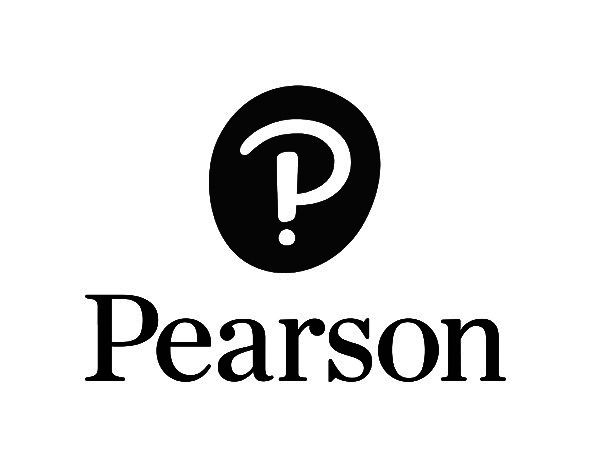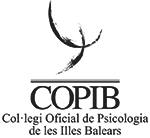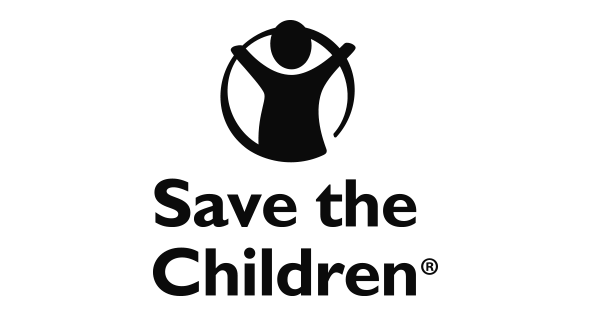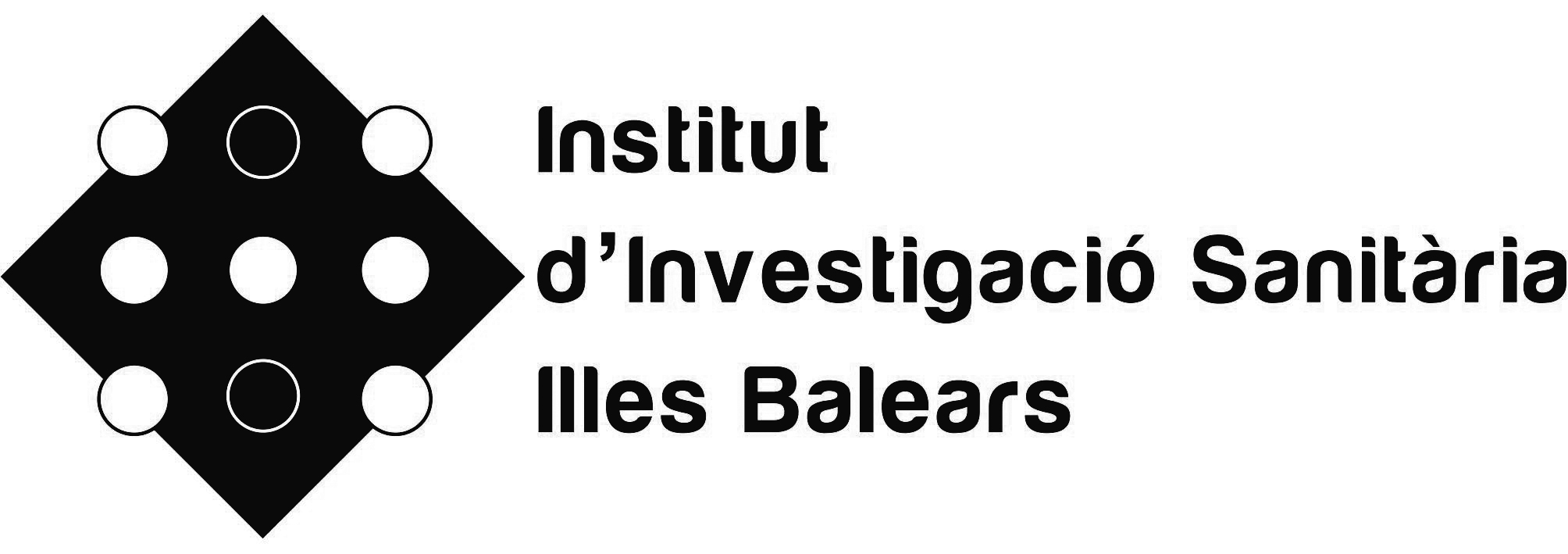John Weisz
Harvard University, United States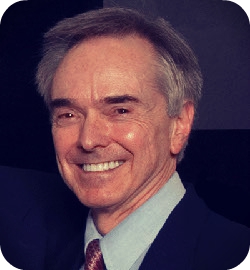
The meeting with the expert is a space for dialogue with the keynote speaker on current issues in his area of expertise. In a warm and relaxed atmosphere, attendees can participate by asking questions to the expert and sharing with the audience their experience and opinion on different issues. Undoubtedly, it is the ideal framework for debate and exchange of views among clinical and health child and adolescent psychology.
Dr. John Weisz was born and reared in Mississippi and received a BA from Mississippi College, in his home town of Clinton. He later served with his wife Jenny in the U.S. Peace Corps, in Kenya, where both worked as teachers. Then Weisz studied at Yale, where he received a Ph.D. in clinical and developmental psychology. He held subsequent faculty positions at Cornell, the University of North Carolina at Chapel Hill, and then UCLA, where he built numerous partnerships with southern California community mental health clinics, focused on studying youth mental health care in the real-world contexts where that care is most often provided. Those partnerships produced 14 years of research on psychotherapy process and outcome in everyday clinical practice, and multiple randomized trials of cognitive behavioral therapy for youth depression and anxiety. Efforts to build research partnerships broadened with a move to Massachusetts in 2004, where Weisz served for eight years as President and CEO of the Judge Baker Children’s Center, an affiliate of Harvard Medical School. The research begun in Los Angeles expanded, encompassing a network of community mental health clinics and schools in the greater Boston area, and then other parts of New England. Weisz’s works full-time as a Professor in the Harvard Psychology Department, expanding his body of research on strategies for improving youth mental health care. His research involves development and testing of interventions for youth mental health problems, as well as meta-analyses and systematic reviews characterizing and critiquing the science of youth mental health care. He is especially interested in integrating evidence-based practices with strategies for personalizing treatment to fit individual youth and family characteristics. His books include “Psychotherapy for children and adolescents: Evidence-based treatments and case examples” and “Evidence-based psychotherapies for children and adolescents”.




